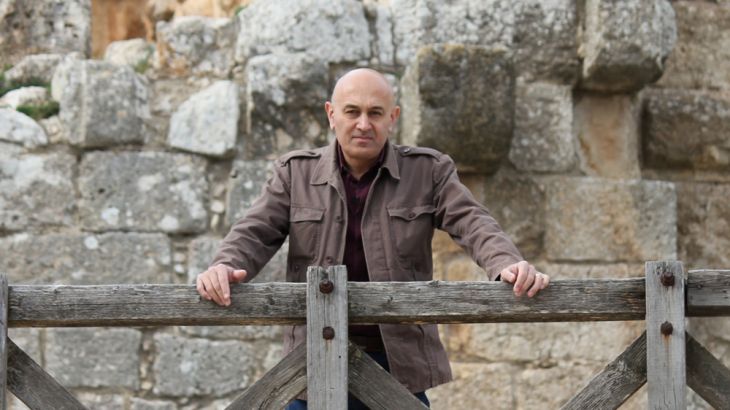
About Science in a Golden Age
Jim al-Khalili unravels the links between latest scientific developments and the unsung scientific heroes of the past.
From satellite-enabled GPS, to hi-tech medical procedures – much of today’s modern science has been developed and understood through the work of scientists and thinkers across the ages and from around the world.
While the names of Newton, Galileo and Copernicus are well known, what is less well known is that these men were building on the work of great scientists who came before them.
Keep reading
list of 4 itemsHong Kong’s first monkey virus case – what do we know about the B virus?
Why will low birthrate in Europe trigger ‘Staggering social change’?
The Max Planck Society must end its unconditional support for Israel
Between the 9th and 14th centuries, Europe was living in the dark ages, but in the Islamic world there was a progressive scientific revolution taking place, as Arab rulers built illustrious centres of learning, where great scholars pioneered revolutionary new ideas. Men like Ibn Sina, al-Kindi, or al-Razi, whose contributions to science are immense.
Renowned Iraqi-born theoretical physicist and presenter Jim al-Khalili, takes us back on a journey of discovery, unravelling the links between today’s latest scientific developments and the unsung scientific heroes of the past.
This Golden Age of Islamic Science presented ground breaking achievements: it was the era that “mathematised” all the sciences, created chemistry from alchemy and conceived the modern scientific method, amongst so much else.
Al-Khalili travels to Jordan, Turkey and Qatar, introducing us to local scientists, both ancient and modern. He uncovers artefacts and influential Arabic manuscripts and even recreates ingenious experiments from up to 1,000 years ago, which are still relevant to modern-day science.
Science in a Golden Age can be seen on Al Jazeera English from October 5, 2015.